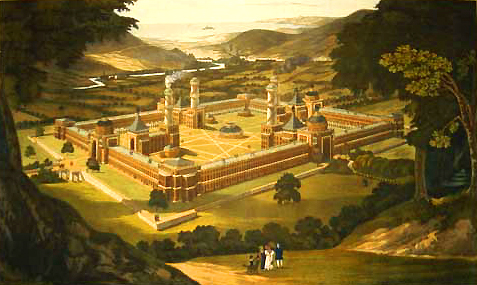
“...the Utopianism of past ages.” (Page 279)
A utopia is essentially a perfect world, an ideal society that possesses a seemingly perfect social, political, and legal system. For centuries, human beings have dreamt of establishing such idealistic worlds with no conflict, hunger, or anguish. Whether or not this type of society is realistically possible has been the subject of debate. Although there have been countless attempts throughout history to establish utopias, with Socialism being one of the more prominent, such visionary reform has been deemed practically impossible or impossibly idealistic. Orwell references utopianism in order to create a contrast between it and the dystopian society he has established in 1984. Like other parts of history, utopias are made to be considered a thing of the past which suggests that universal peace and happiness is inconceivable. Because Orwell sets up a dystopia, one that is evidently relentless, the reader is led to believe, like Winston does at the conclusion of the story, that life will continue in this way maintaining its negativity, warfare and a totalitarian government.
"utopia." Encyclopædia Britannica. Encyclopædia Britannica Online. Encyclopædia Britannica, 2010. Web. 3 May 2010 http://www.search.eb.com.prxy2.ursus.maine.edu/eb/article-9074563.
"Utopia." THE BRITISH LIBRARY - The World's Knowledge. Web. 11 May 2010. http://www.bl.uk/learning/histcitizen/21cc/utopia/utopia.html.
New Harmony Utopia. Digital image. Web. 11 May 2010. http://upload.wikimedia.org/wikipedia/commons/a/a9/New_Harmony_by_F._Bate_%28View_of_a_Community%2C_as_proposed_by_Robert_Owen%29_printed_1838.jpg.
No comments:
Post a Comment